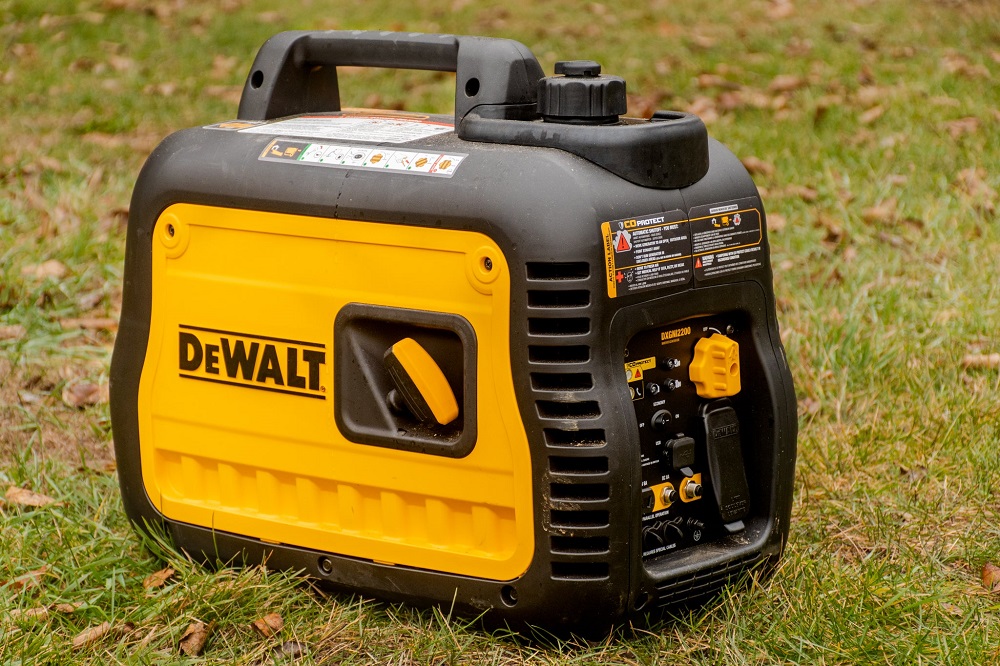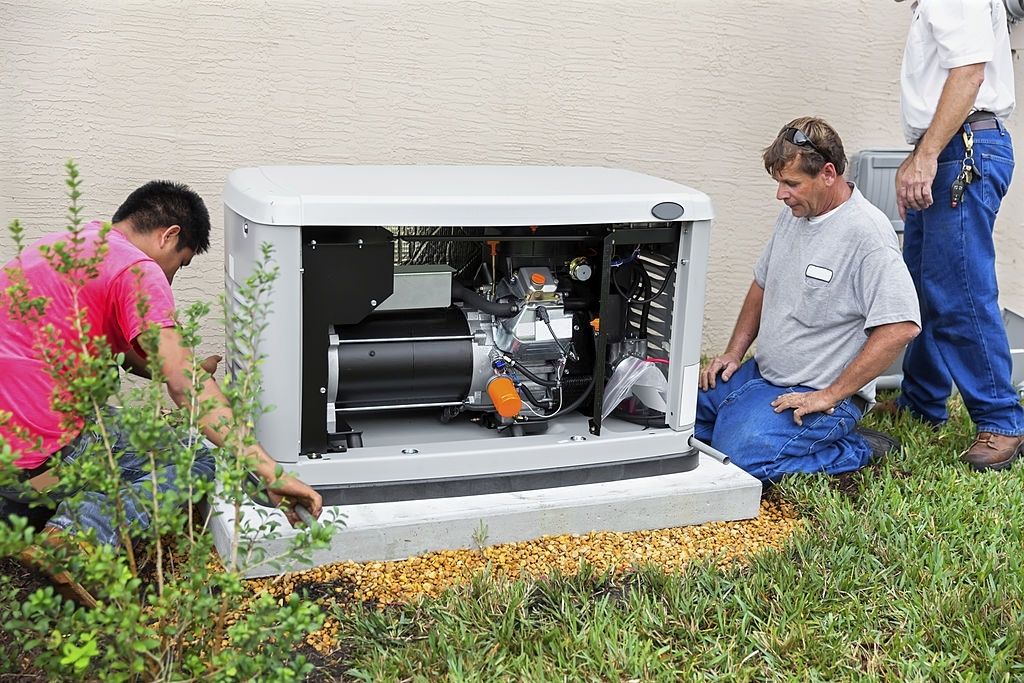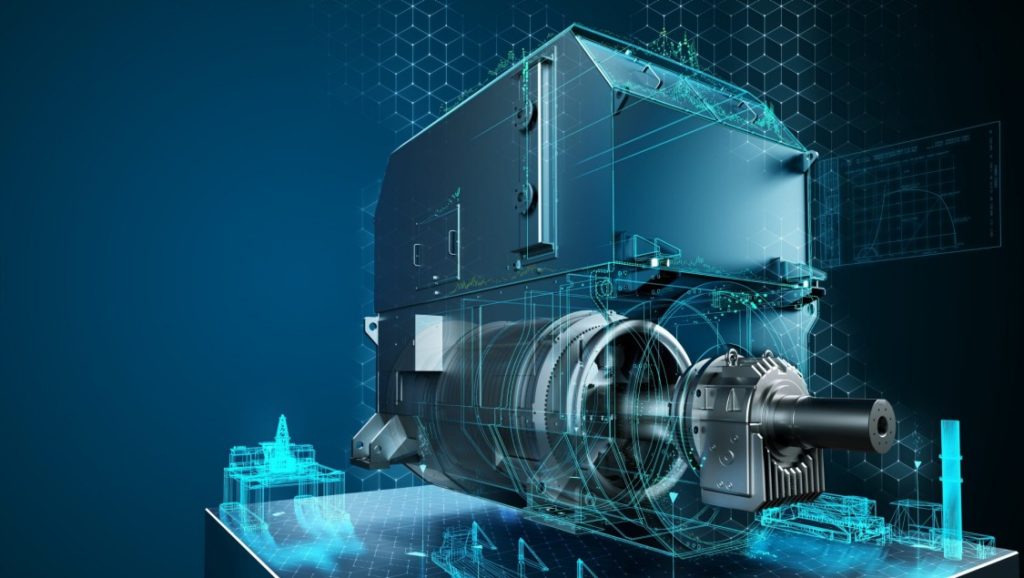Generators are a necessity, especially during power interruptions and outages. But, what if your dependable machine stopped working? What common problems can you think of that may cause the engine to shut off?
Today, we will talk about the possible reasons why your generator is acting up. This way, you’d have a better chance of finding a solution.
Common Causes of Generator Failure
Even the most dependable power generator will start to malfunction at some point. This is especially true if you don’t know how to use it properly or you’re unable to maintain and care for it correctly. Here are possible reasons your machine is not working:
Clogged Air Filter
The engine will most likely shut down if it’s not getting enough air. A dirty and clogged air filter prevents the air from passing and going to the engine. Regular filter cleaning will prevent air blockage. Sometimes, complete air filter replacement is necessary.
Battery Malfunction
Battery malfunction can happen due to dirty or loose connections that affect its performance. These connections require regular cleaning and fastening. You can also check for lead sulfate buildup to prevent battery failure and allow it to provide enough electrical current.

Choke Position
A choke restricts the amount of air that passes through the carburetor while increasing the fuel flow simultaneously. The choke position is vital when starting a generator because the fuel level in the carburetor is lower.
Put the choke in full position when starting the engine. After several minutes, adjust it to half choke and then to its run setting. Failure to adjust the choke position creates an imbalance between fuel and air, resulting in engine shutdown.
Fuel Level
Check the fuel level of your generator. It will not work if there is no fuel to make it function. If you have not used your generator for some time, the remaining fuel will go stale, causing the engine to malfunction. Remember to drain the old fuel from the carburetor float bowl and the tank before refilling it with a new batch.
Fuel Shut-off Valve
This valve lets you control the amount of fuel that will flow to the engine. Sometimes, users forget to open the valve before starting the generator after being in storage. The machine will run for a few minutes before turning off automatically if the fuel valve is closed.
Leaks
When there is a problem with the pump system, fuel leaks will happen. Regular system inspection by a professional ensures its excellent performance. You should also check flexible fuel lines for cracks or wear and tear signs.
The block heater has hoses prone to coolant leaks due to their exposure to extreme temperatures. Only use silicone hoses specific for block heaters to prevent them from cracking. Frequent cooling system maintenance also helps prevent leaks. Additionally, these hoses need replacement every few years to lower the risk of leakage and failure.
The coolant will start to deteriorate over time. Thus, flushing of the cooling system and replacement is necessary. You may notice some oil leaks, called “wet stacking,” which are the accumulated acids, carbon particles, lube oils, and unburned fuel.
Wet stacking happens when the generator runs below its output level. When you overlook wet stacking, the engine’s internal parts will be damaged severely. You can resolve this by allowing the generator to run for a few hours at its proper range, burning off the excess fuel in the process.
Low Coolant
Coolant prevents the engine from overheating. Thus, frequent coolant level checks are necessary to keep the engine from breaking down.
There is a possible system leak if you notice unusual usage of the coolant or if there are visible puddles upon inspection. In these cases, it is best to contact a qualified technician to check the unit so that he can rule out other suspected issues with the generator.

Oil Level
Most users think that the generator will not work if the oil level is too low. Technically, it will start but may lead to permanent damage to the machine. New generator models come with an auto shut-off sensor when the oil level is low, protecting the engine in the process.
Overloading
Most generators have an auto-shutdown safety feature when they become overloaded to protect the machine and prolong their lives. Try reducing the load of your generator before restarting. Knowing the overall capacity of your machine helps prevent overloading from happening again.
Spark Plugs
Spark plugs are essential to your generator’s startup function. If it’s faulty, the engine will only make a crackling sound before shutting down. Thankfully, cleaning out the debris for some spark plugs allows it to function again. However, there are instances where replacement is necessary.
Regular Maintenance Is the Key
To maximize the lifespan of your generator, you need to do regular maintenance every three months. Every maintenance check must include checking of connections, engine run test, filter cleaning or replacement, fuel refill, and oil change.
